They don’t have eyelids. They are still able to sleep by putting their body in a rest state.
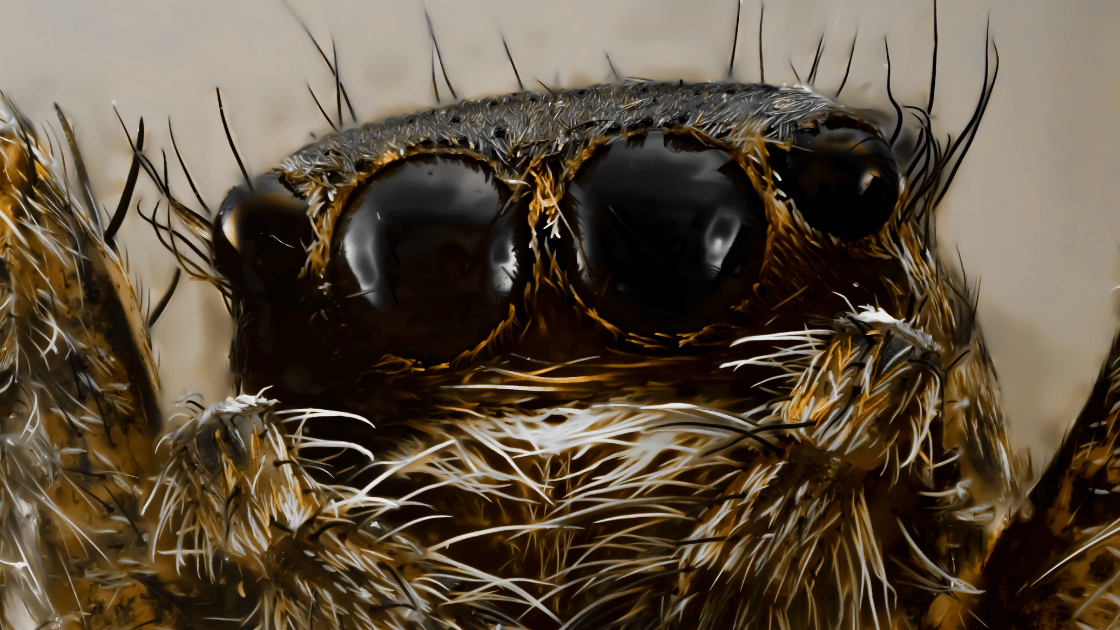

They don’t have eyelids. They are still able to sleep by putting their body in a rest state.
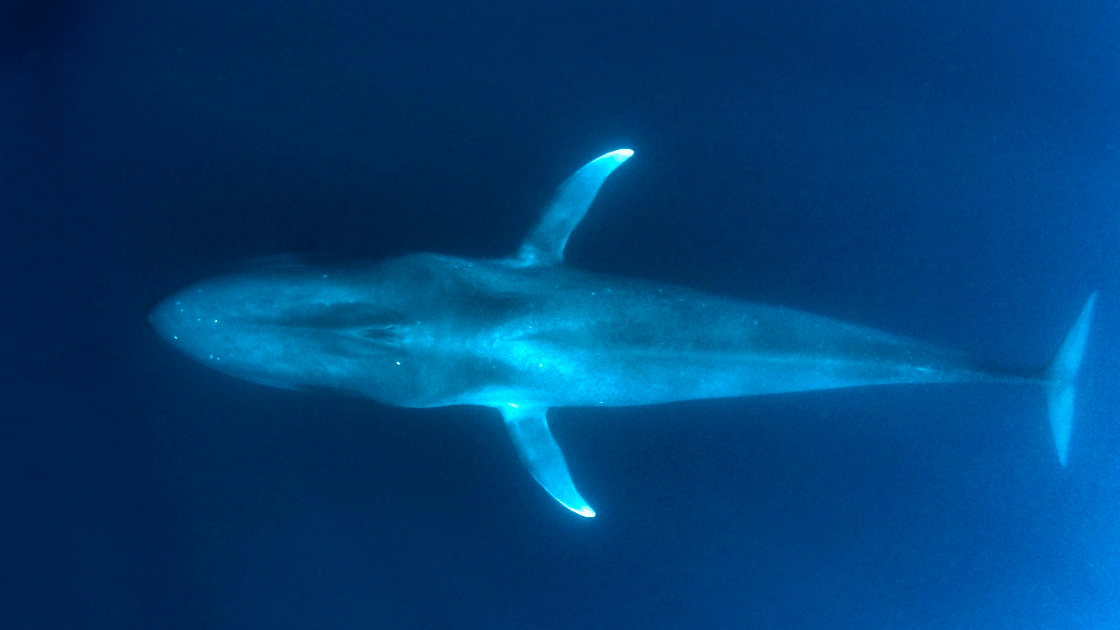
On average, female blue whales are about 80 feet (24 m) long but can grow to over 100 feet (30.5 m). A tennis court is 78 feet (24 m) long and a basketball court is 94 feet (29 m) long. The longest documented blue whale was 110 feet long.
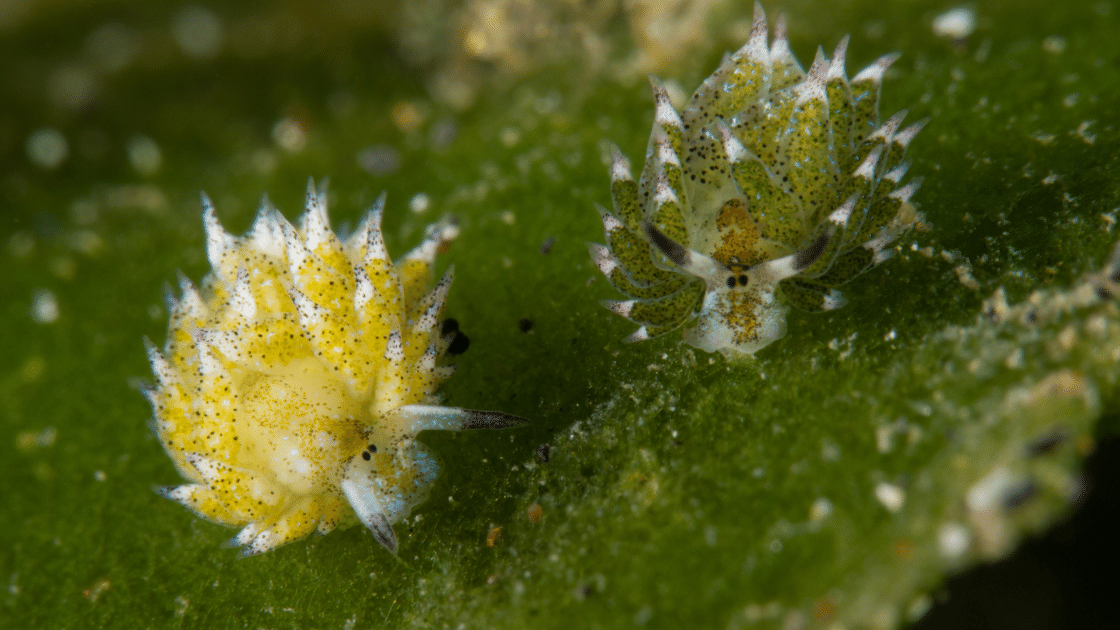
First documented in 1993, leaf-sheep slugs absorb and use plant cells from the algae they eat. They use these cells to get energy from the sun through photosynthesis like a plant. These cells eventually die off but are constantly replaced. This process of stealing plant cells for animal use is called kleptoplasty.
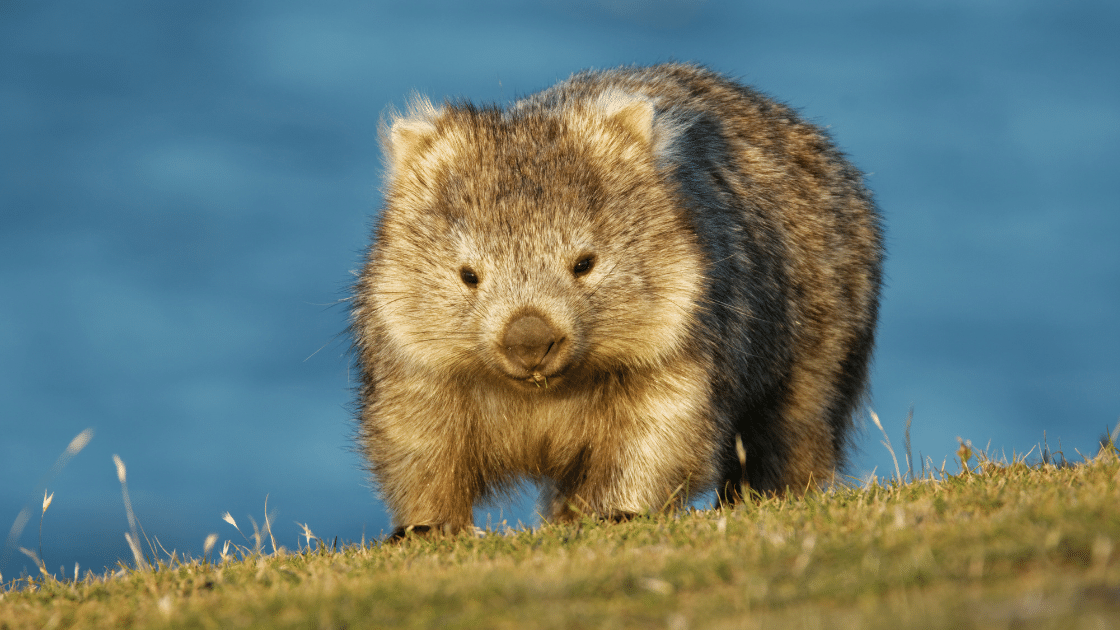
This is apparently so that their poop doesn’t roll off of rocks or trees whenever they mark their territory.
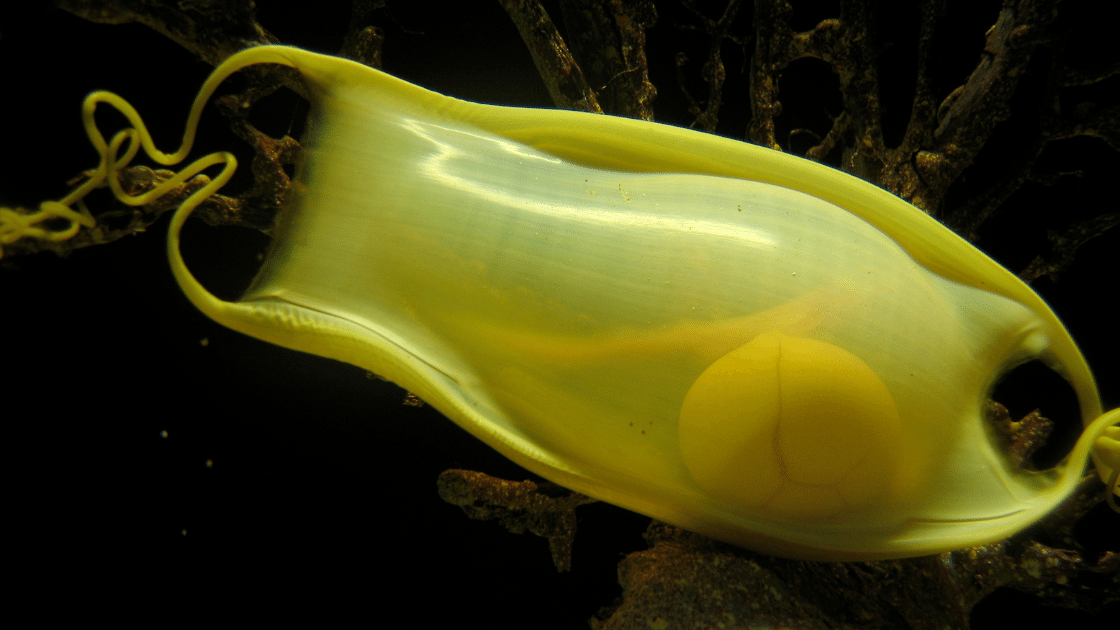
Some sharks lay eggs at the bottom of the ocean. When shark eggs are laid, they are in a protective egg case that helps them survive until they hatch. The protective case of the shark egg will sometimes wash ashore and are often called a “mermaid’s purse.” The majority of sharks give birth to live …